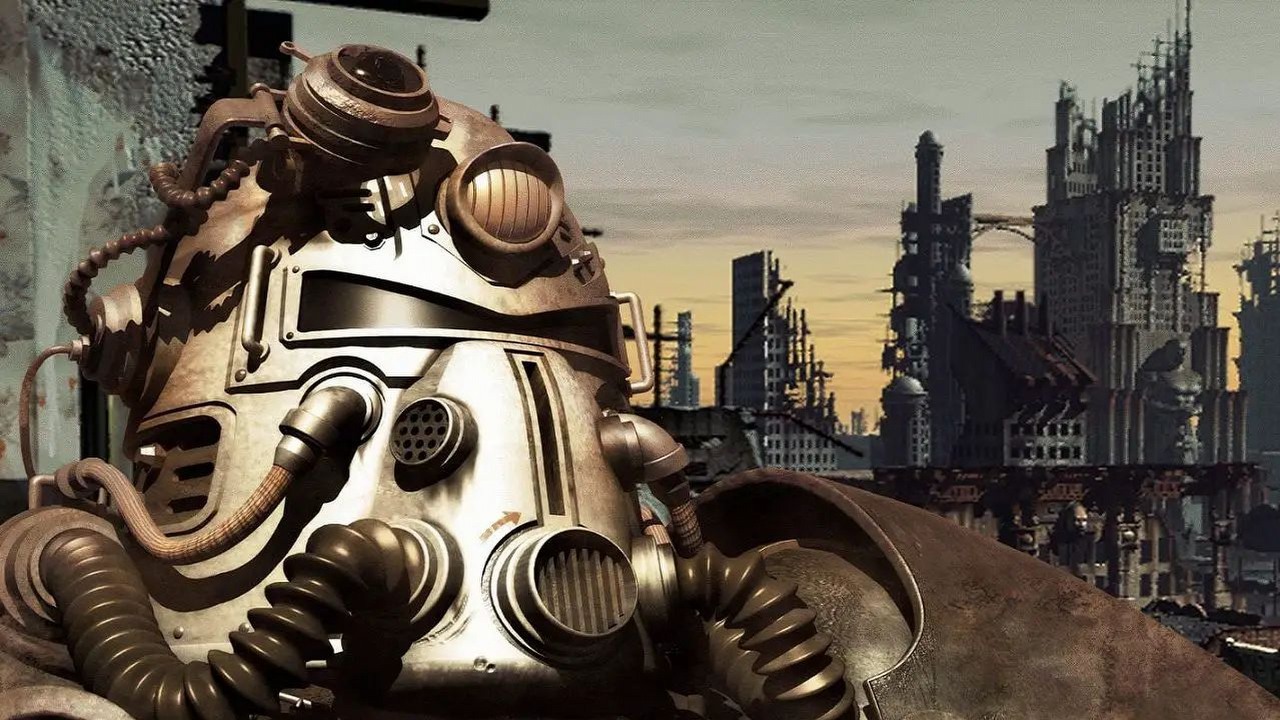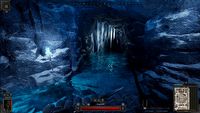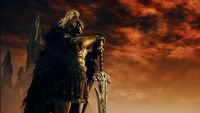Tim Cain Revealed Wasteland's Influence on Fallout Wasn't That Big, and Some Developers Didn't Even Like It
Did Wasteland influence the first Fallout? According to Timothy Cain, this kind of assumption is too far-fetched, and the developer himself explains why.

Many players will definitely think of the Fallout series when considering post-apocalyptic games, and that's not surprising. Popular RPG has become a sort of standard for representing this type of theme in the world of electronic entertainment.
Fallout, released in 1997, proved to be a significant success and is considered by many as the first notable post-apocalyptic game in history. However, not everyone remembers that the game Wasteland debuted less than ten years earlier and, according to some, it had a significant impact on what Fallout looked like later. But is it really true?
"Most of those people did not play Wasteland"
Comments about the influence of Wasteland on the creation of Fallout reached the well-known developer Timothy Cain, who decided to tell the real story in his latest vlog. The creator noted that although over 30 people worked on the first installment of the series, most of them had never played Wasteland before, even though the game had been on the market for almost 10 years.
(...) many of the people on the team didn't play Wasteland, and of those that did, there were a few that didn't like it (...) most of them who played it though did like it, but most of them who played it also didn't finish it (...).
-- Timothy Cain
It turns out that the main issue was actually the optimization of Wasteland itself, which had no frame rate limit. This meant that the better equipment we had, the faster the game behaved, making it incredibly fast and almost unplayable.
Fallout drew from Wasteland
Despite the difficulties associated with playing an older title, Timothy Cain admits that many ideas and concepts actually made it into Fallout. However, it couldn't have been otherwise, as Interplay Entertainment was responsible for the development of both games.
According to the dev, Wasteland had its biggest influence at that time through quests that required players to make tough decisions, often leading to no entirely positive outcome.
(...) The biggest influence on Wasteland was similar to my tabletop Dungeons and Dragons games. It had that moral dilemma in the set of quests. There wasn't the perfect way to do it, there was just well, you could do it this way, or you could do it this way, and both of them had issues (…).
-- Timothy Cain
Cain notes that many elements that ended up in Fallout were similar to Wasteland by chance. As an example, he mentions that the final boss in both games is located in the upper left corner of the map.
The lead designer of Fallout, Scott Campbell, was a big fan of Wasteland, so it's completely understandable that there are similarities between the two games. Similar to many others who worked at Interplay Entertainment, they eventually worked on both games.
Fallout could have been lost
Timothy Cain adds that despite many references, Fallout focused more on realism. However, the similarities prompted the Interplay Entertainment team to seek a license for Wasteland, even though their new game was significantly different from the previous one.
The dev acknowledges that he found this situation terrifying because such a large number of licenses would lead to a conflict between the IE publisher and Steve Jackson, and regardless of the outcome, the team responsible for Fallout would be the loser.
Fallout drew from other sources
Cain ends the video by saying that the team was primarily inspired by books, movies, and other games when developing Fallout. However, the matter of Wasteland depends on individual people, as some will argue that the title had a significant influence, while others will claim it had a minimal one.
The developer points out that with the release of Fallout 2, the series completely separated itself from Wasteland and took its own direction, and when we compare the later releases of the franchises, we will observe that both games are remarkably different today.
0

Author: Michal Serwicki
A physicist who became a journalist. Began working with Gamepressure.com in the fall of 2021. In journalism, he likes the role of a one-man band and tacles various topics and issues himself. Games have accompanied him since childhood. He grew up on Heroes III, and in between building the capitol, he went through successive generations of Pokémon, pulling all-nighters with handhelds. In games, he values a good story and emotions above all else. Besides virtual entertainment, he plays RPGs, where as a game master he leads adventures in numerous systems, especially Dungeons & Dragons. He spends his free time away from games reading Marvel and DC Comics. A big fan of Stephen King's work and is trying his hand at writing himself.
Latest News
- End of remote work and 60 hours a week. Demo of Naughty Dog's new game was born amid a crunch atmosphere
- She's the new Lara Croft, but she still lives in fear. Trauma after Perfect Dark changed the actress' approach to the industry
- „A lot has become lost in translation.” Swen Vincke suggests that the scandal surrounding Divinity is a big misunderstanding
- Stuck in development limbo for years, ARK 2 is now planned for 2028
- Few people know about it, but it's an RPG mixing Dark Souls and NieR that has received excellent reviews on Steam, and its first DLC will be released soon

